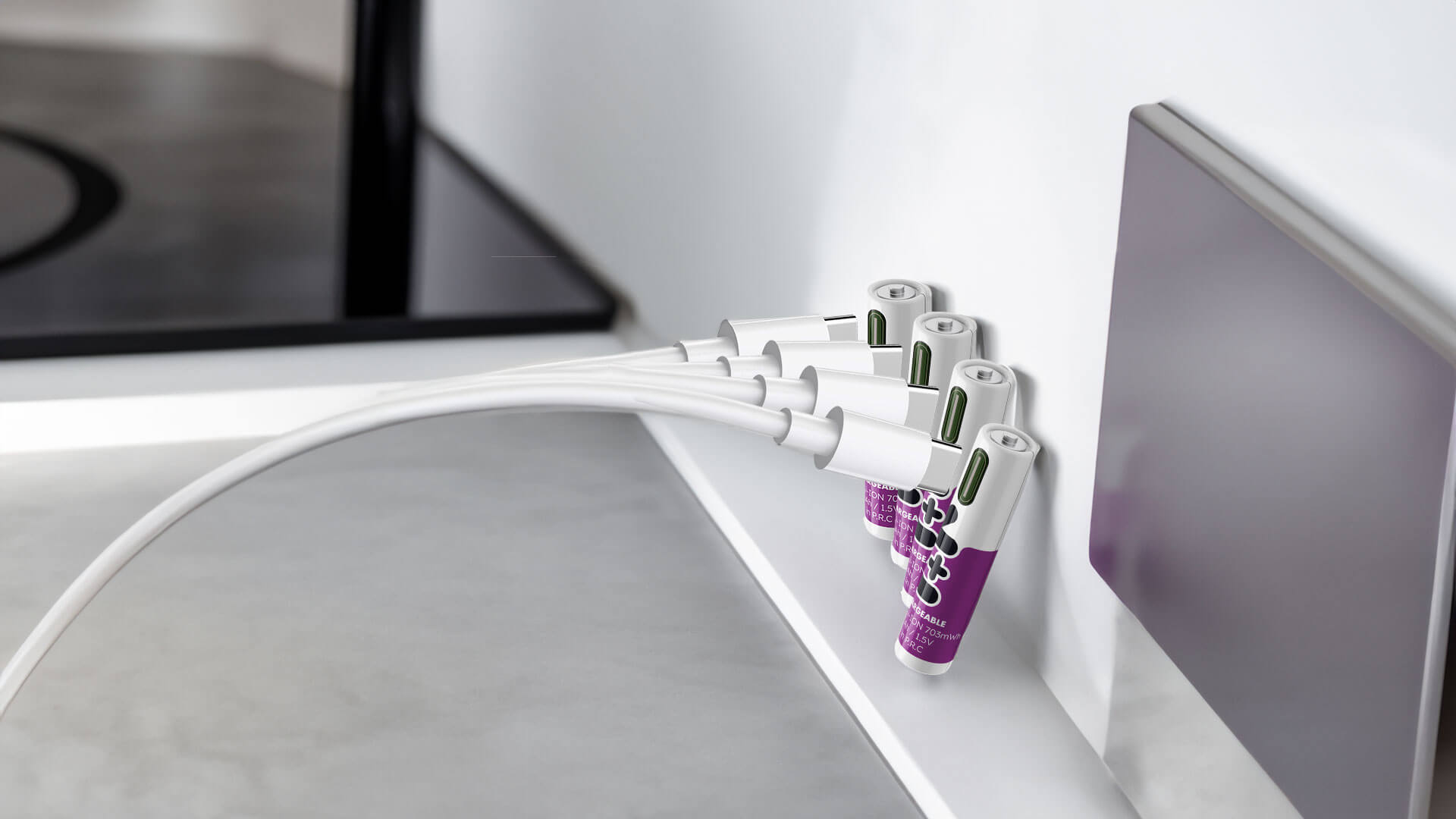Rechargeable batteries have become essential for powering everyday devices, offering long-term cost savings, reduced waste, and convenience compared to single-use batteries. However, proper maintenance is key to extending their lifespan and maximizing performance. This guide will explore tips to help you get the most out of your rechargeable batteries.
Types of Rechargeable Batteries
Understanding the type of rechargeable battery you’re using is the first step in effective maintenance. Different battery chemistries have unique characteristics and care requirements.
- NiMH (Nickel-Metal Hydride): Common in household devices, NiMH batteries offer high energy density but require regular charging to avoid capacity loss.
- Li-ion (Lithium-Ion): Known for their lightweight design and high energy density, Li-ion batteries are used in popular in devices like digital cameras, electric toothbrushes, etc. These batteries are most efficient when partially charged and kept away from extreme heat.
- Lithium USB-C: Ideal for devices that need frequent charging, such as gaming controllers and wireless gadgets (mouse, keyboard, cycle lights), lithium USB-C batteries are incredibly convenient thanks to their USB-C charging ports, making recharging simple and efficient.
Using the right type of charger for your rechargeable batteries is crucial as these are usually not interchangeable. Do not mix rechargeable NiMh, or rechargeable Li-ion batteries or mix batteries with different voltages.
Dos and Don’ts of Charging Rechargeable Batteries
Charging is crucial for battery maintenance, and following best practices will help preserve both battery life and efficiency.
The Do’s of Rechargeable Batteries
Use the Right Charger for Optimal Performance
Always use a charger designed specifically for your battery type. As this may shorten the life of the battery. Check the packaging to see your type of battery to find a suitable battery charger for rechargeable batteries.
Charging Instructions
The batteries will have information on how long they take to reach full charge. By removing the battery from the charger once it’s fully charged can prevent overcharging, which can reduce the batteries capacity over time.
Charge in Moderate Temperature
Charge your batteries in moderate temperatures, as charging in hot environments can damage capacity and performance. High temperatures can strain rechargeable batteries, as their internal components are sensitive to extreme heat, which can reduce performance and lifespan.
The Don'ts of Rechargeable Batteries
Don't Charge Batteries Overnight
Usually rechargeable batteries take a few hours to reach a full charge, it is best to take the batteries out of the charger once the rechargeable battery has fully charged. Don't leave your batteries on the charger indefinitely, as overcharging can lead to capacity loss and the rechargeable batteries will last for a shorter duration than they should.
Avoid Charging in Extreme Temperatures
Charge in extreme temperatures; both excessive heat and cold can affect battery chemistry and degrade performance.
Keep away from Flammable surfaces or materials
While charging you rechargeable batteries it's always best to never leave them unattended and away from flammable surfaces like cotton or blankets or paper. Also its recommended to make sure batteries are charging in area with proper air circulation and away from sunlight.
Storage Tips for Longer Battery Life
Store in a Cool, Dry Place:
Heat is a major enemy of battery longevity, so be sure to store batteries in a cool, dry environment to prevent capacity degradation.
Partially Charge Before Long-Term Storage:
Rechargeable batteries loose their charge over time. Batteries that are stored for more than six months without use, will have a lower charge and would result in a short run time when you try to use them again. For long-term storage, it’s best to charge batteries to about 40-60% to avoid capacity loss. This is particularly useful for Li-ion and lithium USB-C batteries. For best results, charge them few hours before you use them.
Avoid Metal Contact:
When storing or carrying rechargeable batteries, it’s important to keep them away from metal objects like keys, coins, or tools. Direct contact with metal can create a short circuit, which not only drains the battery but can also cause overheating, damage, or even leakage. To prevent this, store batteries in a protective case or pouch that isolates them from metal items. Additionally, avoid placing batteries loosely in bags or drawers where they might come into contact with other conductive materials. Taking these precautions ensures that your batteries remain safe, and ready for use.
Cleaning and Maintaining Battery Contacts
Keeping battery contacts clean helps ensure efficient power transfer, which is crucial for maintaining performance.
- Gently Clean Terminals: Use a soft cloth or cotton swab with a small amount of rubbing alcohol to clean the terminals, removing dirt or residue that may interfere with the connection.
- Avoid Using Metal Tools: Using metal objects can scratch the battery terminals, compromising the connection. Stick to soft materials when cleaning.
Eco-Friendly Disposal and Recycling of Rechargeable Batteries
When your rechargeable batteries reach the end of their life, it’s crucial to dispose of them responsibly. Instead of throwing them in the trash, take them to designated recycling centers or drop-off points. Recycling helps recover valuable materials, reduces environmental pollution, and prevents harmful chemicals from entering the soil and water. By recycling your batteries, you’re making a positive impact on the environment and supporting sustainable practices.
By following these few simple steps you can improve the overall performance and lifespan of the rechargeable batteries. Helping you save more as compared to using single use batteries and also help the environment by reducing waste.
Ready to make the switch? Explore our full range of Uniross rechargeable batteries and chargers to find reliable, eco-friendly power solutions tailored to your needs.

